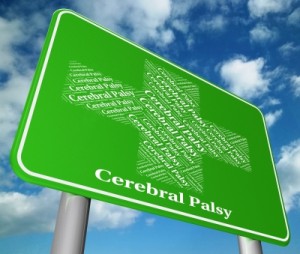As a parent, all you want is to see your child succeed in their life. If your child suffers from a brain-based issue or disorder, daily functioning becomes more difficult which can burden families. Brain-based issues can include everything from anxiety and depression to learning disabilities to behavioral issues. Parents often struggle to find the right course of treatment to ensure that their child can grow up to be a well-adjusted adult and experience academic, career, and personal success. Success in the formative years of their youth is crucial. If your child is struggling to succeed, neurofeedback may be the treatment of choice, and here’s why.
Cerebral palsy, or CP, refers to a group of neurological disorders involving movement due to brain development abnormalities. CP can affect other functions depending on the parts of the brain affected. Symptoms appear in infancy or early in childhood, permanently affecting muscle coordination and movement. The brain damage caused by cerebral palsy can also contribute to problems with speech, hearing, vision, and can be responsible for learning disabilities. Although there is no cure for cerebral palsy, various treatments can help improve quality of life for patients. Neurofeedback can be used to improve and correct brain function, thereby reducing the symptoms of CP.
Low birth weight is considered less than five pounds eight ounces. In the US, 12% of babies are born prematurely. Since the early 80’s the rate of prematurity has risen by 17%. Research consistently finds a greater risk of developmental disabilities as these children move from infancy through adolescence. Prematurity can result in brain injures causing neuromotor and cognitive deficits. Oxygen deprivation and respiratory problems require oxygen supplementation, and can cause permanent injury to the brain and have been linked to later cognitive and motor deficits. Premature, low birth weight and fragile infants often have a variety of disabilities in the areas of cognitive, academic, sensorimotor, social-emotional and behavioral development.







